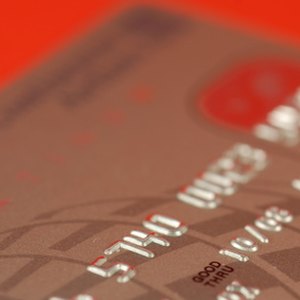
Credit card processing centers are powerhouses of credit information and influence whether or not you qualify for a credit card. They are regulated by the Federal Trade Commission, which oversees much of the credit card industry.
History
Credit card processing centers grew out of a need to centralize the credit card industry. The government created laws such as the Fair Credit Reporting Act and the Fair Credit Billing Act in the 1970s to regulate the information handled by these centers and other credit agencies.
Function
Credit card processing centers run the everyday business of credit card companies. They take and process applications, gather credit information and even handle billing. The Federal Trade Commission ensures credit card processing centers follow the regulations set forth by the law.
Benefits
Regulation of credit card processing centers ensures your information stays private and safe. Without it, your credit card information and history could be sold or provided to those without a need to see it. The Fair Credit Reporting Act also provides for consumers to receive one free credit report a year, and establishes rules for how long negative information, such as late payments and bankruptcies, may stay on a credit report.
Misconceptions
You may think that your credit card company handles all aspects of your account from billing to complaints, but in reality these items are shuffled off to a processing center. In fact, several of your different credit cards are likely handled by the same processing center.
Considerations
If a credit card processing center has violated the provisions of the Fair Credit Reporting Act or the Fair Credit Billing Act, you are able to sue the center in civil court. In extreme cases, the Federal Trade Commission can investigate and fine the organization.
References
- Credit Repair Specialist: Credit Card Processing Center
- Federal Trade Commission: Fair Credit Reporting Act
- Federal Trade Commission. "Credit Card Accountability Responsibility and Disclosure Act of 2009," Pages 15-16. Accessed Aug. 27, 2020.
- Consumer Financial Protection Bureau. "§ 1026.51 Ability to Pay." Accessed Aug. 27, 2020.
- Consumer Financial Protection Bureau. "How Do I Get a Copy of My Credit Reports?" Accessed Aug. 27, 2020.
Writer Bio
Brock Cooper attended Illinois Wesleyan University in Bloomington, Ill. He was a reporter for seven years with a daily in Illinois before branching out into marketing and media relations. He has experience in writing everything from press releases to features on a variety of subjects and forums. His work can be seen in NewsTribune newspaper, Chicago Parent magazine and several websites.

